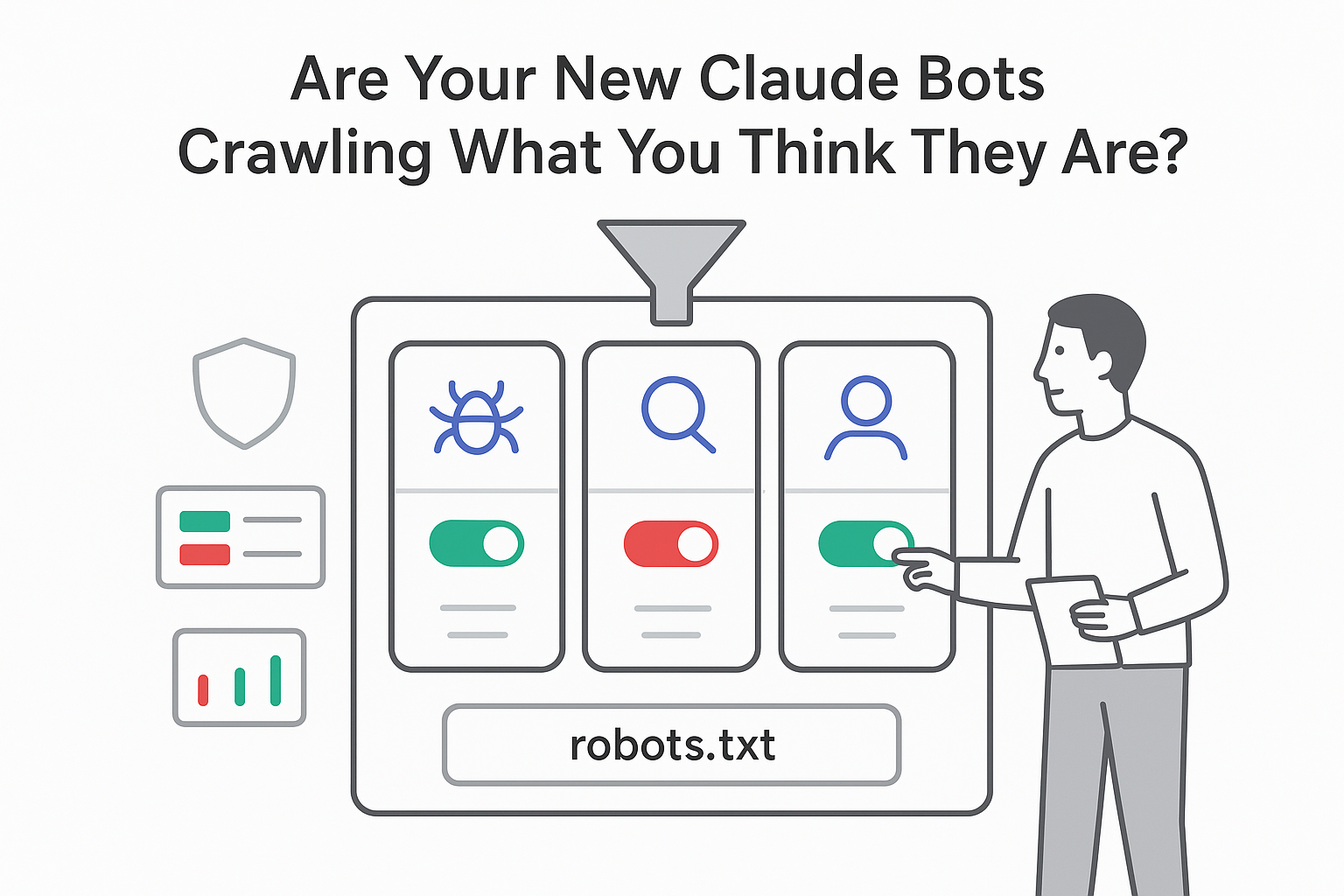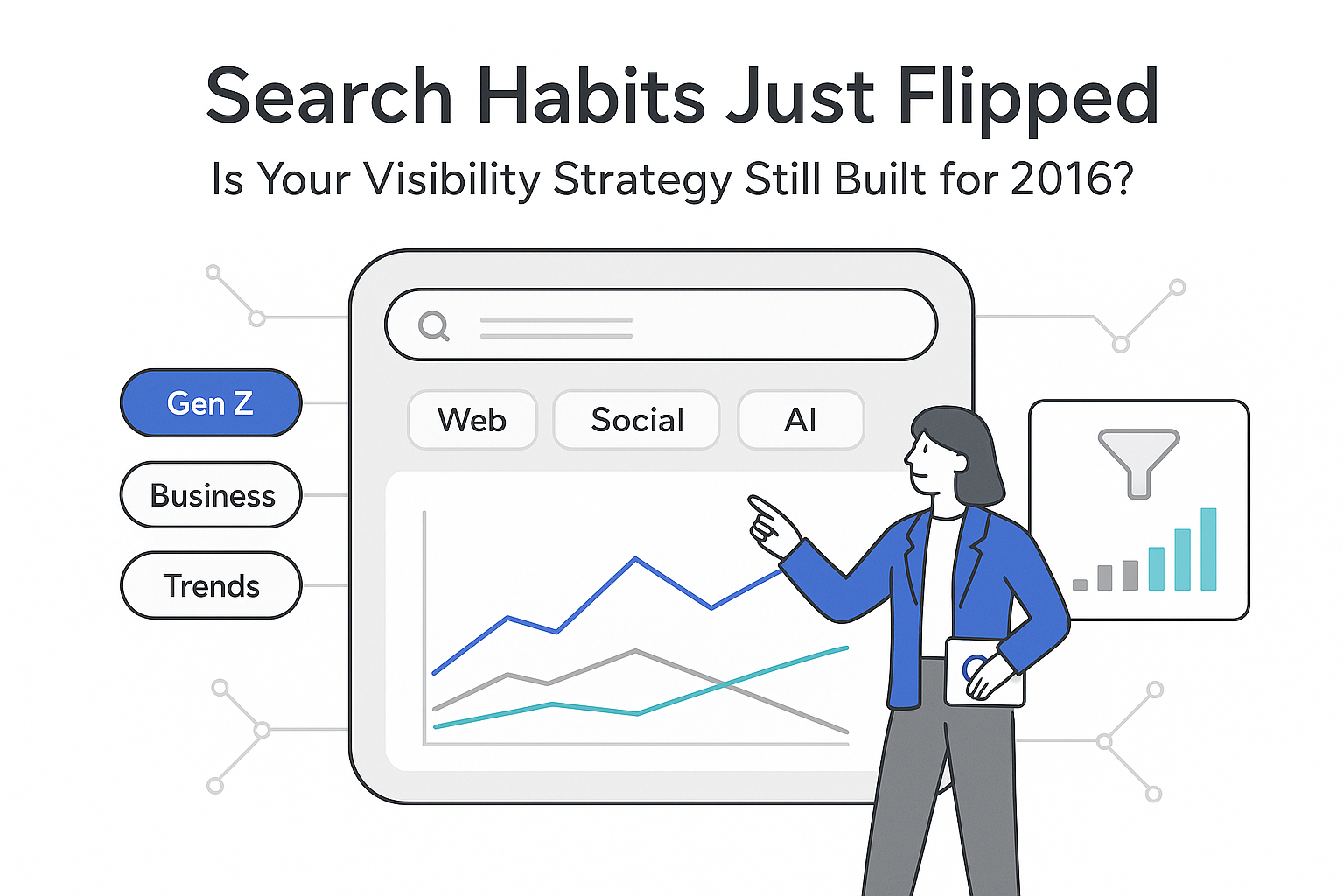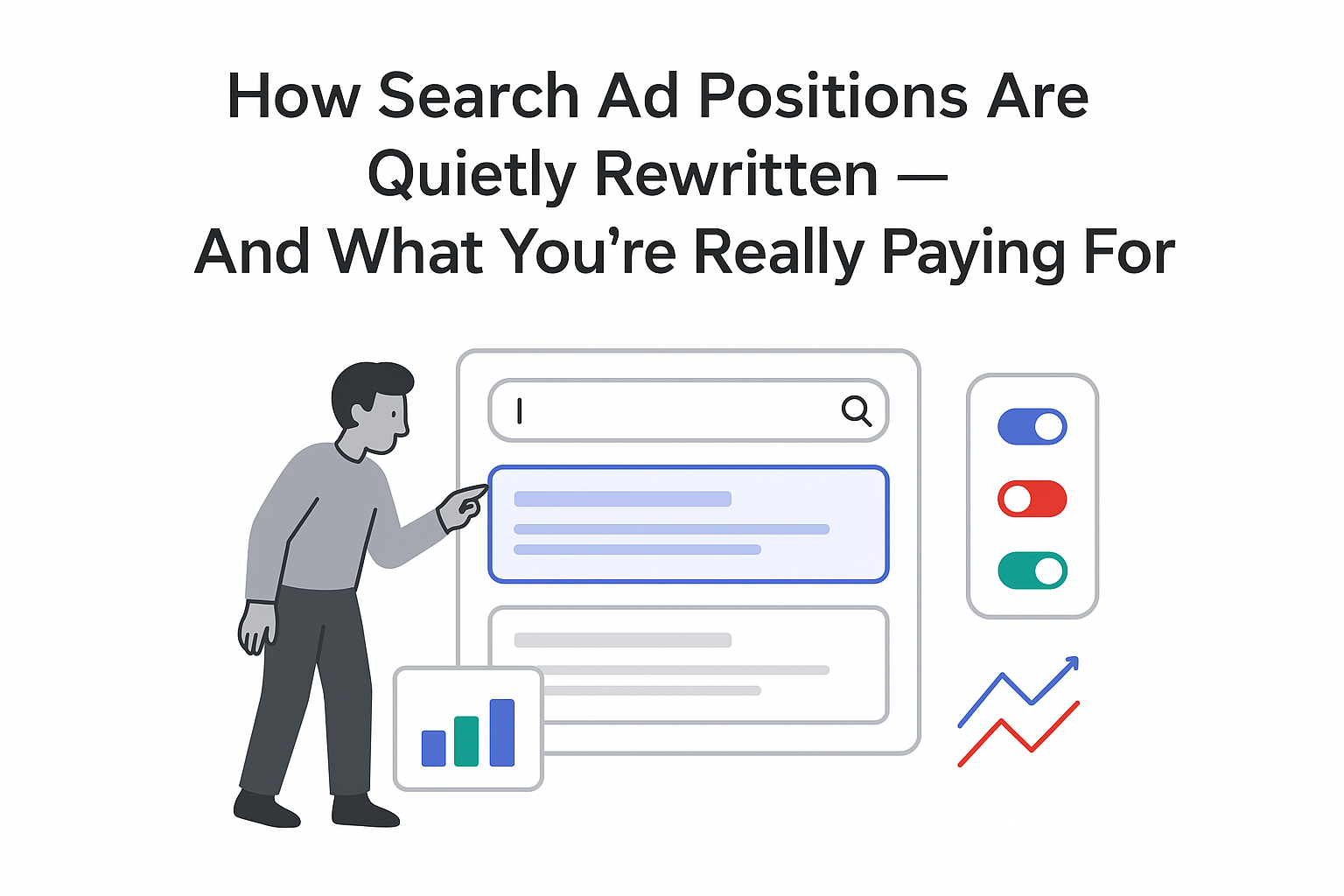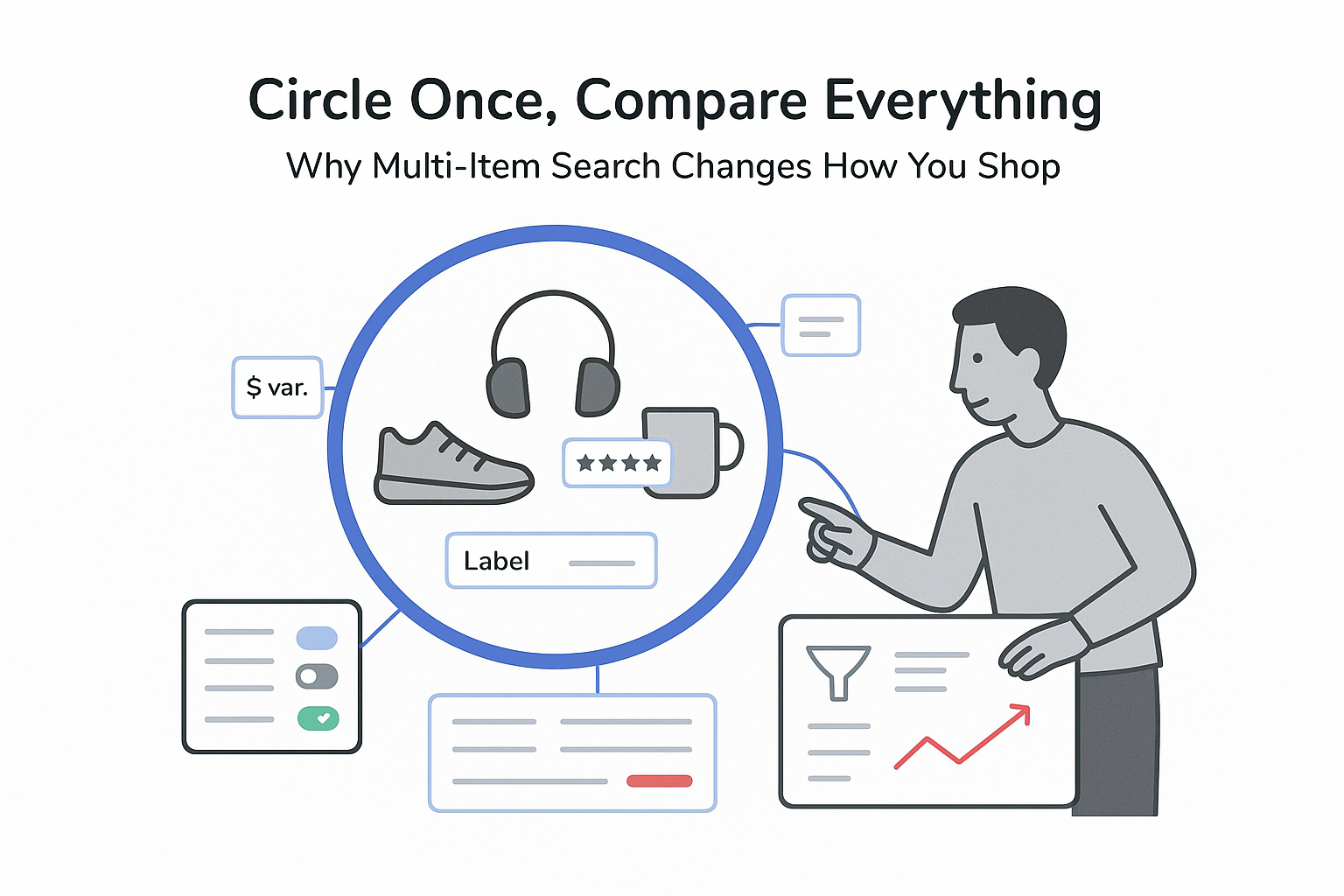Google updated its Search documentation to list NotebookLM as a user-triggered fetcher that generally ignores robots.txt. The change is visible on Google's developer site as of October 11, 2025, and applies to fetches initiated by NotebookLM users.

What changed
Google's User-triggered fetchers page now includes an entry for "Google-NotebookLM" and clarifies that these fetchers operate on behalf of users, not for indexing. According to the documentation:
Because the fetch was requested by a user, these fetchers generally ignore robots.txt rules.
- The listing identifies the user agent token as Google-NotebookLM.
- User-triggered fetchers are activated by user actions in Google products and services.
- NotebookLM lets users add sources for analysis, including publicly available web pages.
Product information and support for NotebookLM are available via the product site and the NotebookLM Help Center.
Why it matters
For site owners and marketers, robots.txt alone will not prevent a fetch when a user supplies a public URL to NotebookLM. These requests are separate from Google Search crawling and do not imply indexing.
Background
User-triggered fetchers retrieve content after a person initiates a request, such as testing a URL or analyzing a link. Google distinguishes these from crawlers used for search indexing. Robots.txt is a standard for guiding automated crawlers, but Google's guidance states that user-triggered fetchers generally do not follow robots.txt directives across the agents listed on the page. NotebookLM is designed to help users work with their own sources, including Google Docs, PDFs, and public web pages, as described in the Help Center.








.svg)